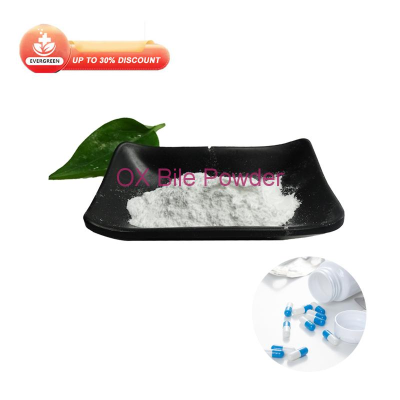-
Categories
-
Pharmaceutical Intermediates
-
Active Pharmaceutical Ingredients
-
Food Additives
- Industrial Coatings
- Agrochemicals
- Dyes and Pigments
- Surfactant
- Flavors and Fragrances
- Chemical Reagents
- Catalyst and Auxiliary
- Natural Products
- Inorganic Chemistry
-
Organic Chemistry
-
Biochemical Engineering
- Analytical Chemistry
- Cosmetic Ingredient
-
Pharmaceutical Intermediates
Promotion
ECHEMI Mall
Wholesale
Weekly Price
Exhibition
News
-
Trade Service
Original title: Western media: Coffee affected by climate change could disappear within 30 years
Western media said the United Nations Climate Change Conference in Madrid these days analyzed the often overlooked but one of the most serious collateral damages of climate change, namely, the depletion of basic natural resources.
In addition to bananas at risk of extinction due to global warming leading to the emergence of a more tenacious deadly fungus, coffee is another resource that could disappear in the coming decades, Spanish newspaper Die Wede reported on December 5. In fact, rising temperatures, which could be 3 degrees Celsius higher than they are now, are a major threat to coffee plantations.
warning came from the UK, where farmers have given up growing coffee because of the rising price of the long-standing low-cost coffee tree. As an article in the Daily Mail points out, the reason for the rise is the declining number of coffee plants, so experts have asked companies to invest more to help coffee growers in third countries buy new tools and plants so they can continue to grow coffee.
view, extreme temperatures, rising humidity and rising market prices have forced coffee producers to look for other ways to generate income. Peru, for example, is in the process of forming large food cooperatives (a wide range of products, including coffee) to negotiate prices and allocate 10 per cent of its income directly to producers to help them adapt to the new market situation.
At the same time, pests and diseases have reduced the size and quality of coffee beans, the biggest threat of which is the coffee rust that has plagued coffee farmers for more than a century, and the scraping of the leaves of diseased plants produces tiny brown powders similar to iron oxide. The disease, caused by coffee spore rust, also changes the color of the leaves from bright green to brown, eventually losing all leaves and unable to form beans.
report, if the disease is not detected in time, it could have serious consequences. At the end of the 19th century, for example, Sri Lanka, the Philippines and other South-East Asian countries were the world's leading coffee exporters, but coffee production in those countries declined significantly in the following decades as a result of coffee rust.
interestingly, some historians attribute part of the slump in the coffee industry to the fact that the British now prefer tea, so coffee is no longer profitable and Sri Lanka is turning to tea.
farmers are now abandoning the world's best-selling coffee variety in favour of crops such as sugar cane. Other farmers have been forced to grow this fragile coffee variety on higher-altitude and lower-temperature fields, as rising average annual temperatures have made large areas of land no longer suitable for growing coffee.
reported that the problem of desertification is very serious. Experts worry that by 2050, more than half of the world's current coffee-growing land may no longer be suitable for cultivation. At the same time, the loss of global forests and green spaces will further destroy ecosystems vital to the maintenance of wetlands. This is a vicious circle that ultimately leads to the barrenness and barrenness of all land.
A UK study warns that farmers growing new varieties could lead to lower coffee quality and lower yields, "because if 50 per cent of the land currently used to grow coffee is no longer suitable for cultivation by 2050 and coffee farmers are abandoning coffee plantations, then coffee production will certainly not be enough".
.







